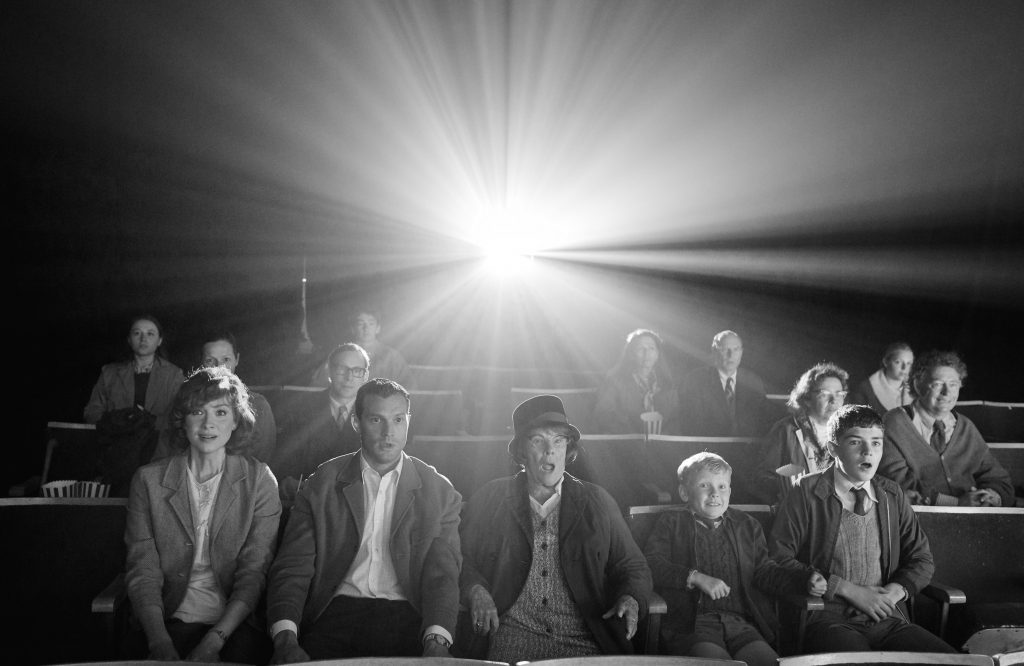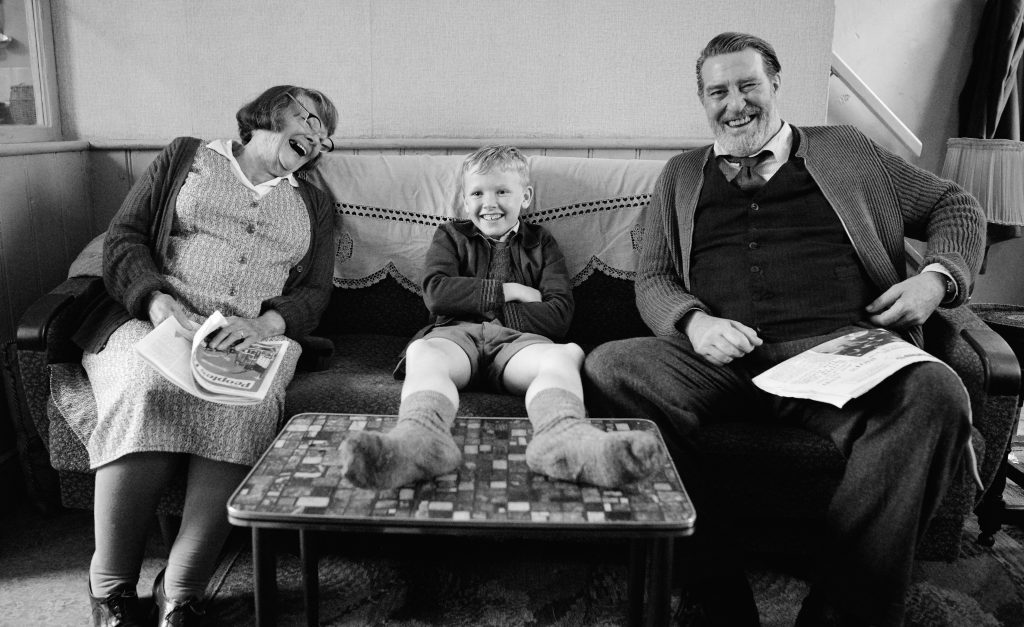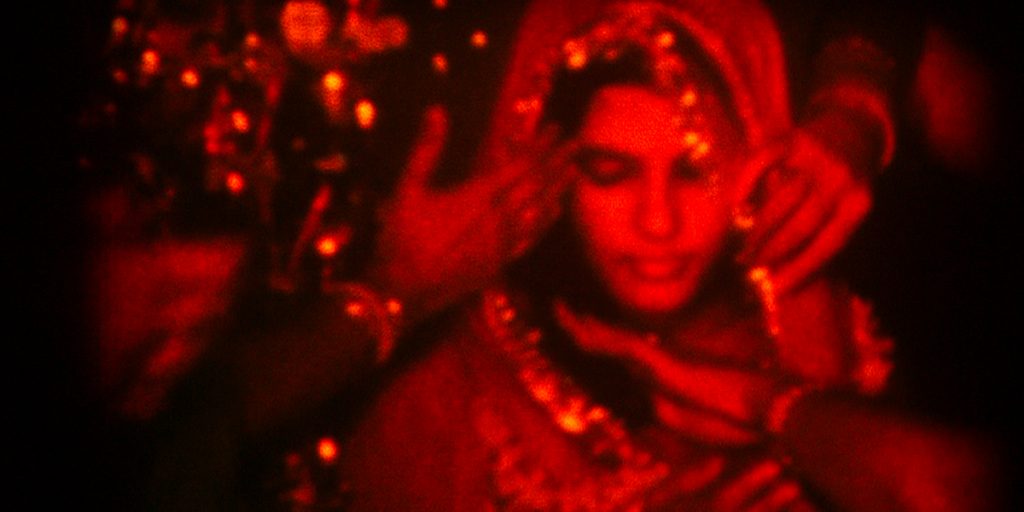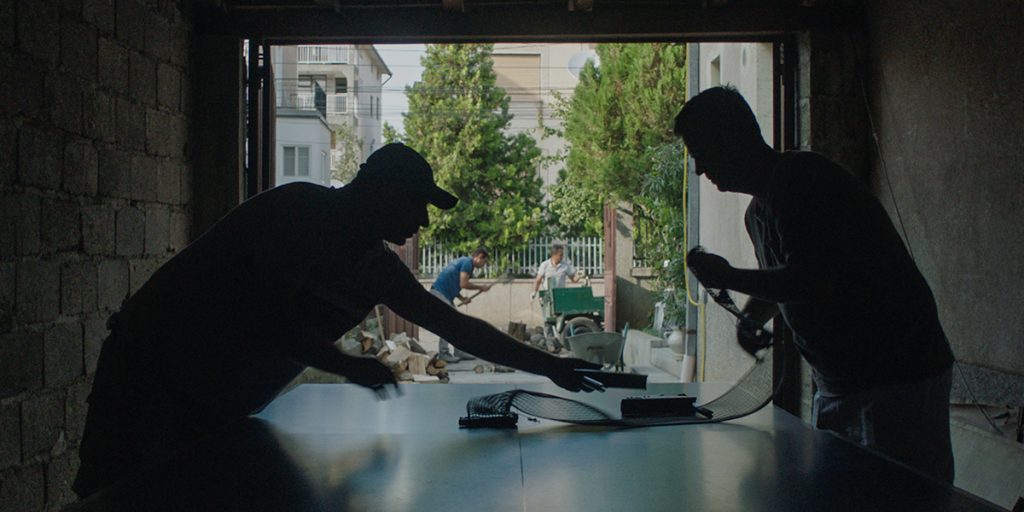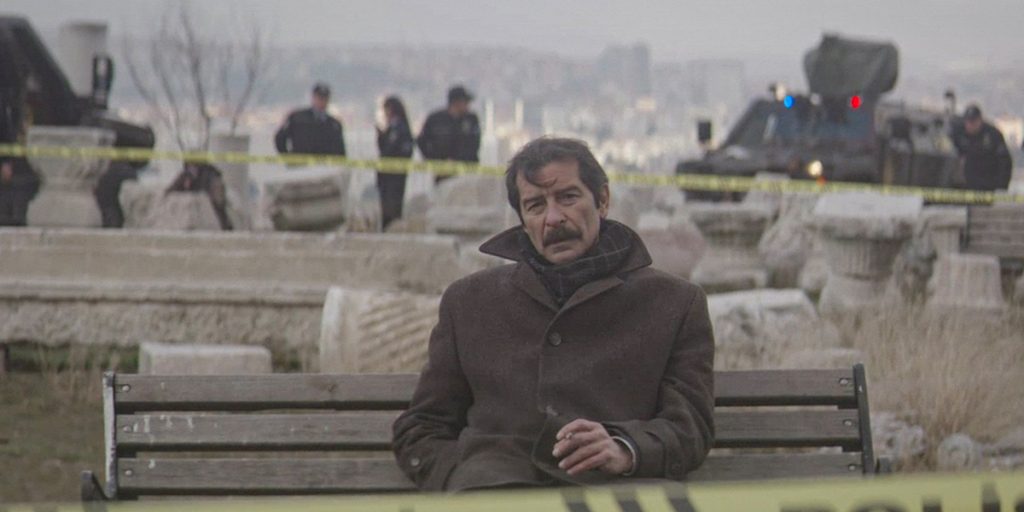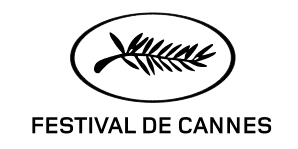October 22, 2021
by Carla Hay
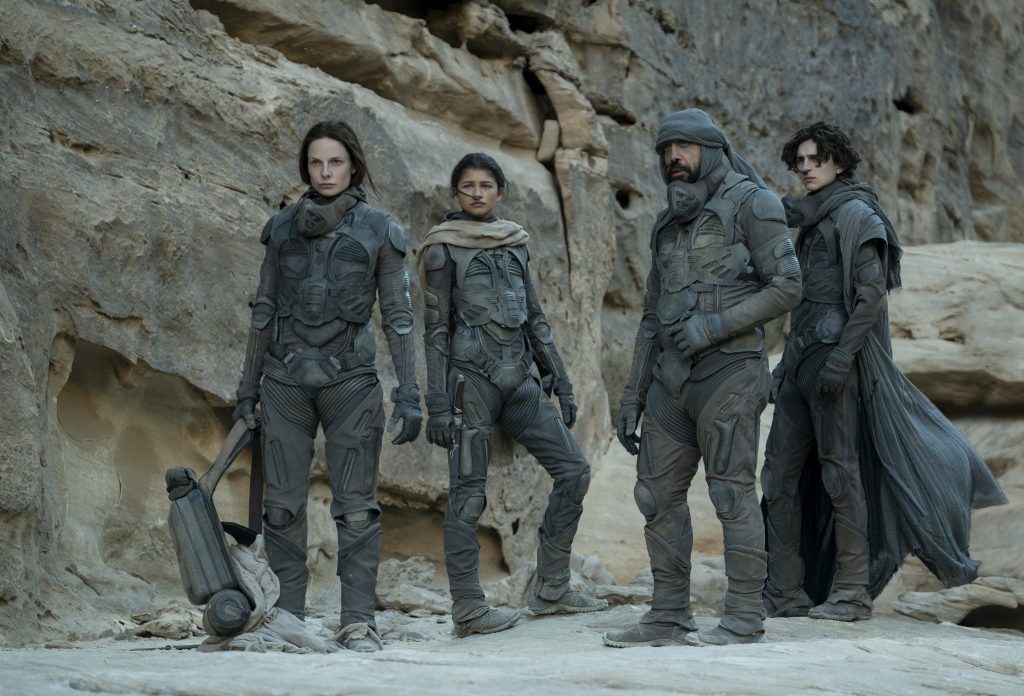
Directed by Denis Villeneuve
Culture Representation: Taking place in the year 10,191, on the fictional planets of Caladan, Giedi Prime and Arrakis, the sci-fi action film “Dune” features a predominantly white cast of characters (with some black people, Asians and Latinos) representing heroes, villains and people who are in between.
Culture Clash: A territorial war is brewing between two factions—House Atreides from the planet of Caladan and House Harkonnen from the planet of Giedi Prime—who will rule over the planet of Arrakis, which is the only place to find melange, also known as spice, a priceless substance that can enhance and extend human life.
Culture Audience: “Dune” will appeal primarily to people who are fans of the “Dune” novel and to people who like epic sci-fi adventures with stunning visuals and good acting.

By now, you might have heard that filmmaker Denis Villeneuve wants his version of “Dune” to be split into three parts, in order to better serve the movie adaptation of Paul Herbert’s densely packed 1965 novel “Dune.” People who see Villeneuve’s version of “Dune” are also probably familiar with the 1984 movie flop “Dune,” directed by David Lynch. The 1984 version of “Dune” (starring Kyle MacLachlan, Sean Young and Sting) was such a disaster with fans and critics, Lynch wanted to have his name removed from the film credits. That won’t be the case with Villeneuve’s version of “Dune,” which is a sci-fi epic worthy of the novel.
Villeneuve co-wrote his “Dune” screenplay with Eric Roth and Jon Spaihts. Part One of Villeneuve’s “Dune” is of much higher quality than the 1984 “Dune” movie, but any “Dune” movie’s cinematic interpretations tend to be a bit clinical in how the characters are written. “Dune” is a gloomy story, with characters who are, for the most part, very solemn and rarely smile. There are no wisecracking rogues, quirky robot sidekicks or cute alien creatures. In other words, “Dune” is no “Star Wars” saga.
As is the case with most epic sci-fi movies, the biggest attraction to “Dune” is to see the spectacle of immersive production designs and outstanding visual effects. When people say that “Dune” should be seen on the biggest screen possible, believe it. However, it’s a 156-minute movie whose pace might be a little too slow in some areas. If you’re not the type of person who’s inclined to watch a two-and-a-half-hour sci-fi movie that’s not based on a comic book or a cartoon, then “Dune” might not be the movie for you.
And this is a fair warning to anyone who likes their sci-fi movies to have light-hearted, fun banter between characters: “Dune” is not that type of story, because everything and everyone in this story is deadly serious. People might have laughed when watching Lynch’s “Dune,” but it was for all the wrong reasons.
And yes, “Dune” is yet another sci-fi /fantasy story about a young hero who leads a war against an evil villain who wants to take over the universe. In the case of “Dune,” the hero is Paul Atreides (played by Timothée Chalamet), the House Atreides heir who is the son of a duke. House Antreides exists on the oceanic planet of Caladan. And like any war story, the war usually starts with feuding over power.
House Antreides has had a rivalry with House Harkonnen from the planet of Giedi Prime. In the beginning of the movie, Padishah Emperor Shaddam IV has ordered Paul’s father Duke Leto Atreides (played by Oscar Isaac) to serve as fief ruler of Arrakis, a desert planet with harsh terrain. Arrakis is the only place to find a priceless treasure: melange, also known as spice, a dusty substance that can enhance and extend human life.
Prolonged exposure to spice can turn humans’ eyes blue in the iris. Gigantic sandworms ferociously guard the spice. And therefore, harvesting spice can be a deadly activity. However, because spice is the most sought-after substance in the universe and can make people wealthy, people will go to extremes to get it and to be in charge of Arrakis. The native people of Arrakis are called Fremen. The movie presents this colonialism of the Fremen people in a matter-of-fact way, with some (but not a lot of) initial insight into how the Fremen people feel about being ruled over by another group of people from a foreign land.
House Harkonnen had previously overseen Arrakis until that responsibility was given to House Antreides. Leto and his troops are under orders to visit Arrakis, but it’s a set-up so that House Harkonnen enemies can ambush the people from House Antreides. Leto suspects that this trap has been set, but he has no choice but to follow orders and see about the territory that has now come under his stewardship.
The chief villain of House Harkonnen is its leader, Baron Vladimir Harkonnen (played by Stellan Skarsgård), an obese and ruthless tyrant who has a penchant for spending time in saunas filled with a tar-like substance. In the 1984 “Dune” movie, Baron Vladimir was a cartoonish character who floated through the air like a demented balloon that escaped from Willy Wonka’s Chocolate Factory. In the 2021 “Dune” movie, Baron Vladimir is a menacing presence that is undoubtedly pure evil. (This “Dune” movie has shades of “Apocalypse Now” because Baron Vladimir is presented in a way that might remind people of “Apocalypse Now” villain Colonel Walter E. Kurtz, played by Marlon Brando.)
Baron Vladimir’s closest henchmen are his sadistic nephew Glossu Rabban (played by Dave Bautista) and coldly analytical Piter De Vries (played by David Dastmalchian), who is a Mentat: a person that can mimic a computer’s artificial intelligence. At House Antreides, the Mentat is Thufir Hawat (played by Stephen McKinley Henderson), while the loyal mentors who are training Paul for battle are no-nonsense Gurney Halleck (played by Josh Brolin) and adventurous Duncan Idaho (played by Jason Momoa), who is the closest that “Dune” has to having a character with a sense of humor.
Paul confides in certain people that he’s been having premonition-like dreams. In several of these visions, he keeps seeing a young Fremen woman who’s close to his age. Paul won’t meet her until much later in the movie. He will find out that her name is Chani (played by Zendaya), and she becomes a huge part of his life in a subsequent Villeneuve “Dune” movie. Don’t expect there to be any romance in Part One of the movie. When Chani meets Paul for the first time, it’s not exactly love at first sight for Chani. She has this dismissive reaction and says to Paul: “You look like a little boy.”
Paul also keeps envisioning Duncan as living with the Fremen people and being their ally in battle. Paul is also disturbed by a vision of seeing Duncan “lying dead among soldiers after battle.” And speaking of allegiances, Paul’s intuition tells him that there is someone in House Antreides who is a traitor. That person will eventually be revealed. Until then, it’s pretty obvious from Paul’s visions that he has psychic powers. The question then becomes: “How is he going to use those powers?”
Among the other Fremen people who are depicted in the movie is Stilgar (played by Javier Bardem), the leader of the Fremen tribe called Sietch Tabr, whose members include a fighter named Jamis (played by Babs Olusanmokun). Arrakis also has an Imperial judge/ecologist named Dr. Liet-Kynes (played by Sharon Duncan-Brewster), who acts as a go-between/negotiator between the Fremen people and those who come from foreign lands.
There are some poignant father-son moments between Paul and Leto. Their best scene together is after a devastating battle loss when Paul, who is reluctant to be the next ruler of House Antreides, gets reassurance from Leto. The duke says to his son that he didn’t want to be the leader of House Antreides either, because Leto wanted to be a pilot instead. Leto tells Paul that it will ultimately up to Paul to decide whether to be the leader of House Antreides “But if the answer is no,” Leto says, “You’re all I’ll ever needed you to be: my son.”
However, Paul ends up spending more time bonding (and sometimes disagreeing) with his mother Lady Jessica (played by Rebecca Ferguson), a brave warrior who is a member of Bene Gesserit, an all-female group with extraordinary physical and mental abilities. Jessica defied Bene Gesserit’s orders to bear a female child and had Paul instead. Villeneuve’s “Dune” spends a great deal of time showing Paul and Jessica’s quest on Arrakis than Lynch’s “Dune” did. Paul seems to know that he was born as a special child, but at times, it brings him more insecurities than confidence. At one point, Paul yells at his mother Jessica: “You did this to me! You made me a freak!”
One of the influential supporting characters who’s depicted in Villeneuve’s version of “Dune” is Gaius Helen Mohiam (played by Charlotte Rampling), a Bene Gesserit reverend mother and the emperor’s truthsayer. She has one of the most memorable scenes in “Dune” when she gives Paul a pain endurance test that further proves that Paul is no ordinary human being. Dr. Wellington Yueh (played by Chang Chen) is a Suk doctor for House Antreides, and he plays a pivotal role in the story.
Chalamet’s portrayal of Paul is someone who can be introspective yet impulsive. He skillfully portrays a young adult who’s at the stage in his life where he wants to prove his independent identity yet still seeks his parents’ approval. Momoa is also a standout in the film for giving more humanity to a role that could’ve been just a stereotypical warrior type. Ferguson also does well in her performance as the strong-willed Jessica.
But make no mistake: “Dune” is not going to win any major awards for the movie’s acting. Before being released in theaters and on HBO Max, “Dune” made the rounds with premieres at several prestigious film festivals, including the Venice International Film Festival, the Toronto International Film Festival and the New York Film Festival. This festival run is in indication that the filmmakers want this version of “Dune” to be a cut above a typical blockbuster sci-fi movie. “Dune” excels more in its technical aspects rather than in the movie’s acting performances or screenplay.
“Dune” has the type of fight scenes and musical score (by Hans Zimmer) that one can expect of an action film of this high caliber. But even with a movie that’s rich with characters who are heroes, villains and everything in between, it’s enough to say that the sandworms really steal scenes and are what people will remember most about this version of “Dune.” The overall visual effects and a reverence for the “Dune” novel as the source material are truly what make this version of “Dune” an iconic sci-fi movie.
Warner Bros. Pictures released “Dune” in U.S. cinemas and on HBO Max on October 21, 2021, a day earlier than the announced U.S. release date of October 22, 2021. The movie was released in various other countries, beginning in September 2021.


